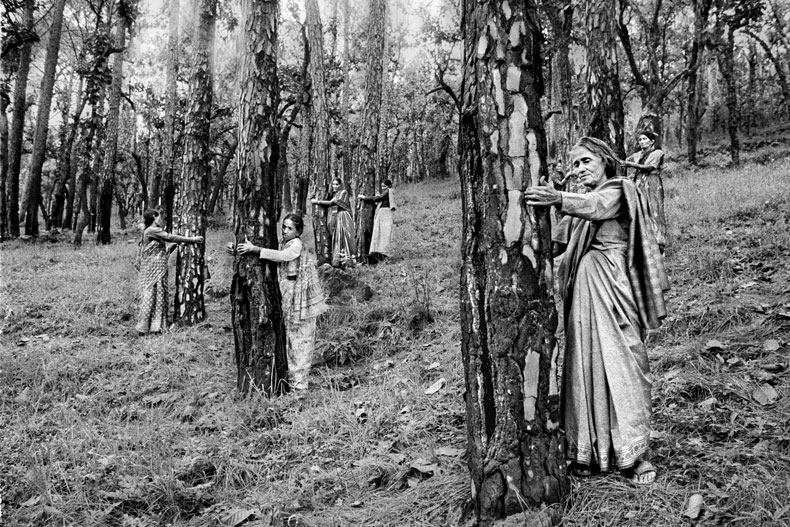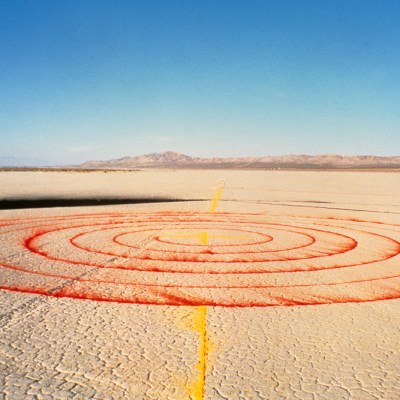The complex relationship between the treatment of the environment and the treatment of women is explored in this group exhibition at the Barbican Centre in London (5 October–14 January 2024). Featuring over 250 works by women and non-binary artists, highlights include collages by photographer Dionne Lee that explore how racism in the United States relates to notions of land ownership, Pamela Singh’s photographs of members of Chipko, a Himalayan ecofeminist movement, as they protested against deforestation, and documentation of Judy Chicago’s firework-based performance Immolation IV (1972), which recalls the self-immolation of Buddhist monks protesting the Vietnam war. Find out more on the Barbican’s website.
Preview below | View Apollo’s Art Diary
Immolation IV from Women and Smoke (1972), Judy Chicago. Courtesy the artist, Salon 94, New York and Jessica Silverman Gallery, San Francisco; photo: Through the Flower Archives; © Judy Chicago/Artists Rights Society (ARS), New York

Still from Looking for Langston (2021), Ada. M Patterson. Courtesy Maris Korolevskaya and Copperfield

Untitled (We won’t play nature to your culture) (1983), Barbara Kruger. Courtesy Glenstone Museum, Potomac, Maryland

Chipko Tree Huggers of the Himalayas #4 (1994), Pamela Singh. Courtesy sepiaEYE; © Pamela Singh




